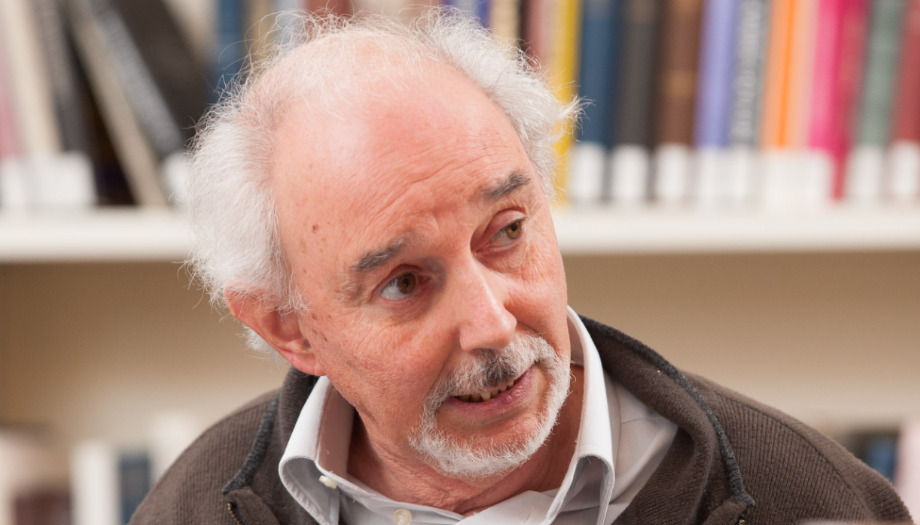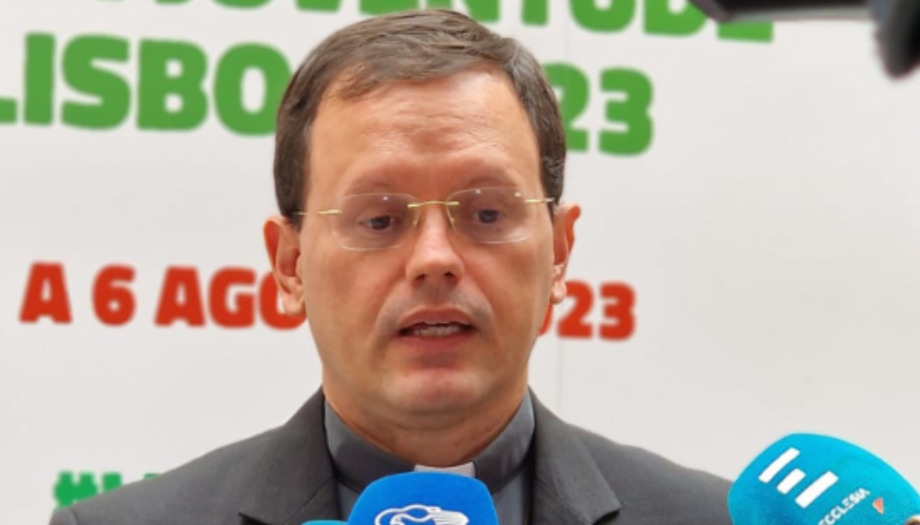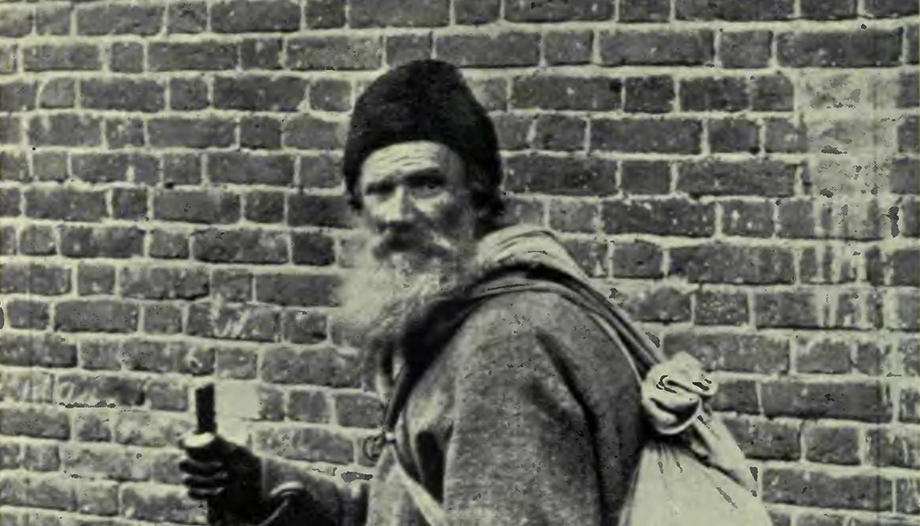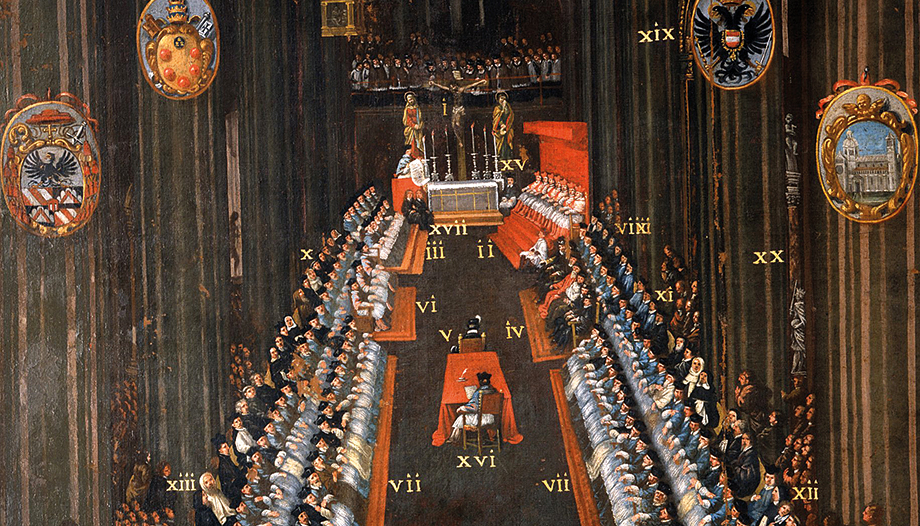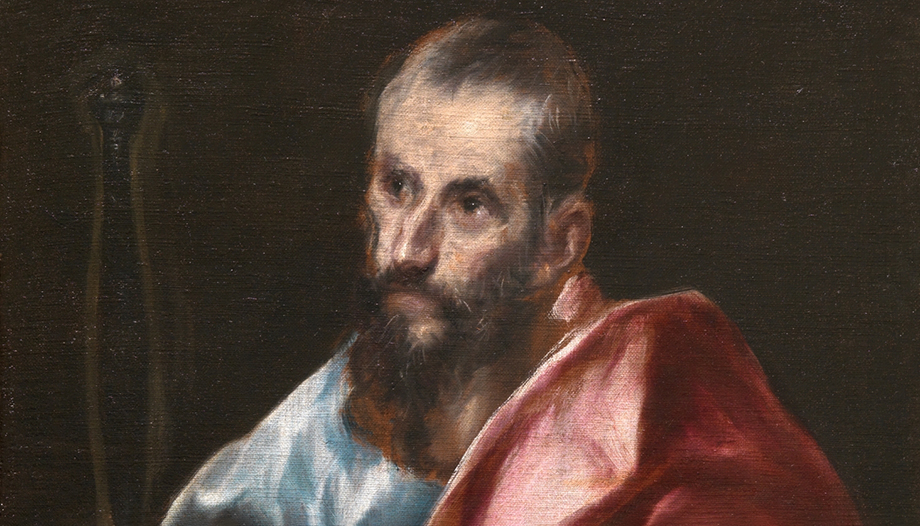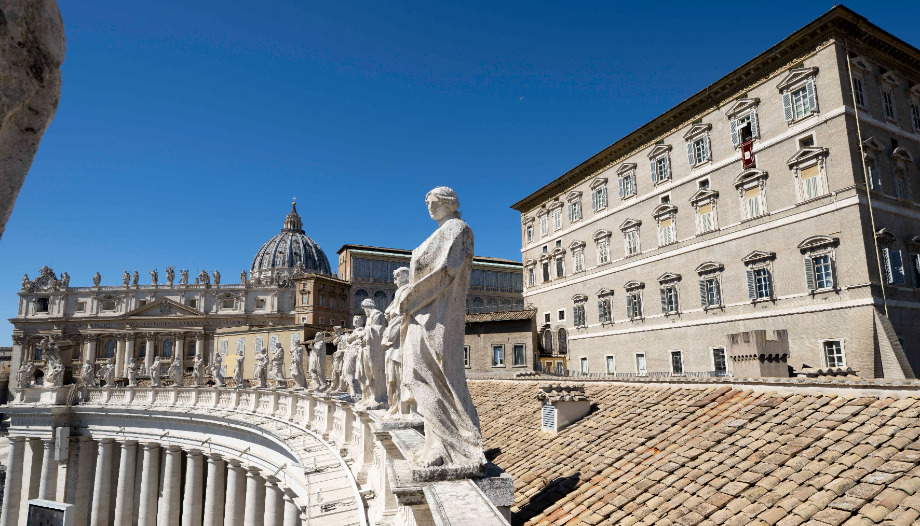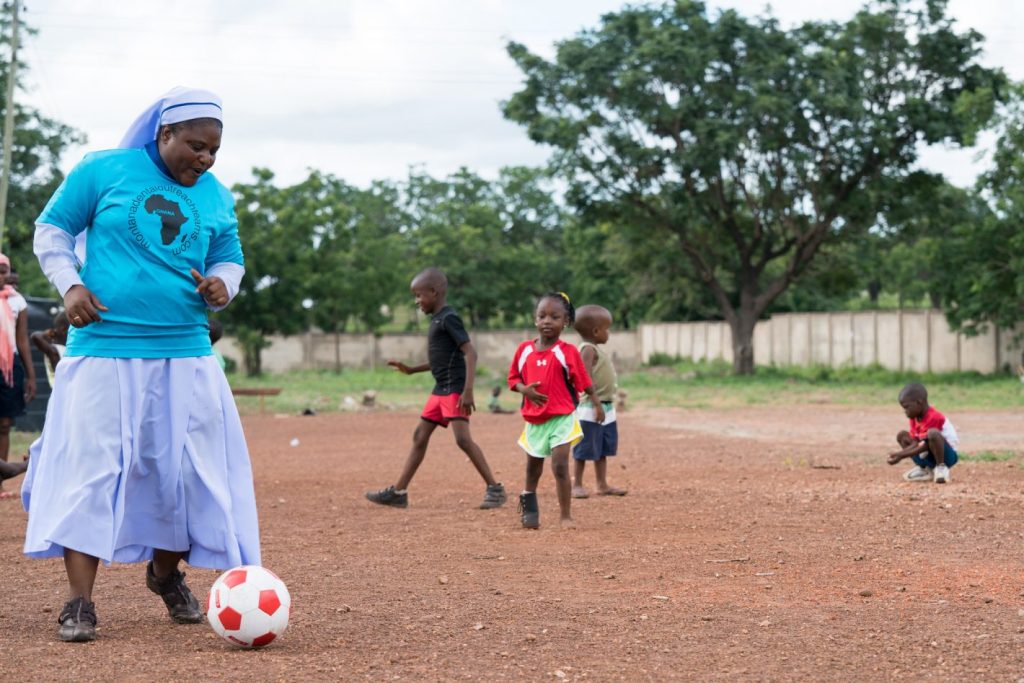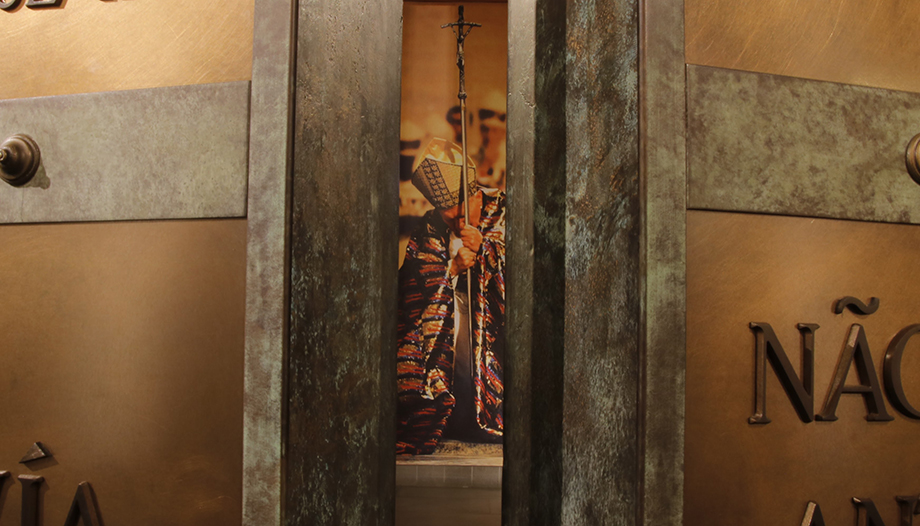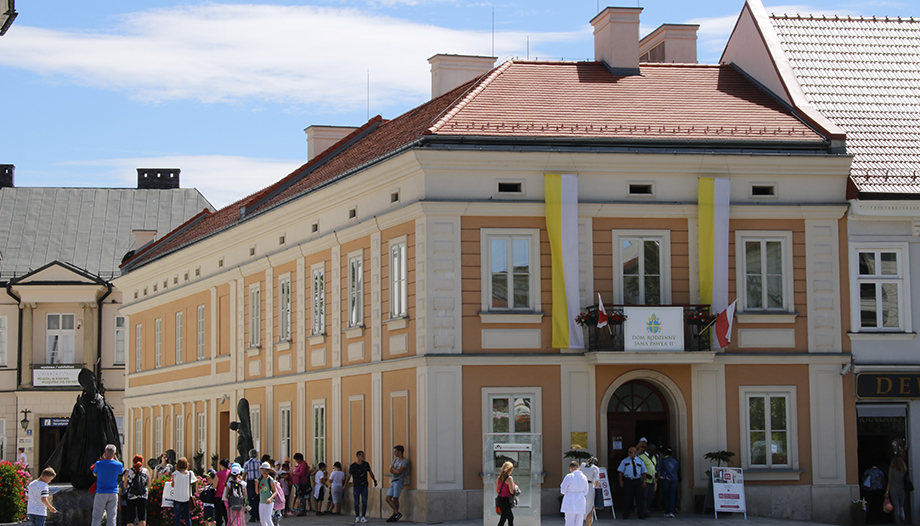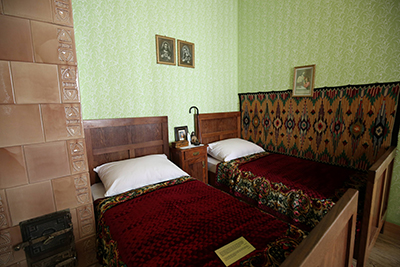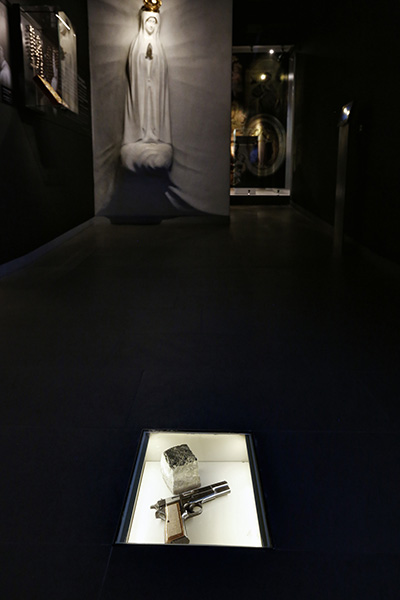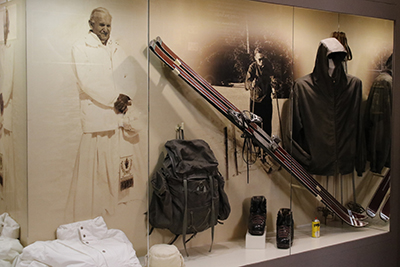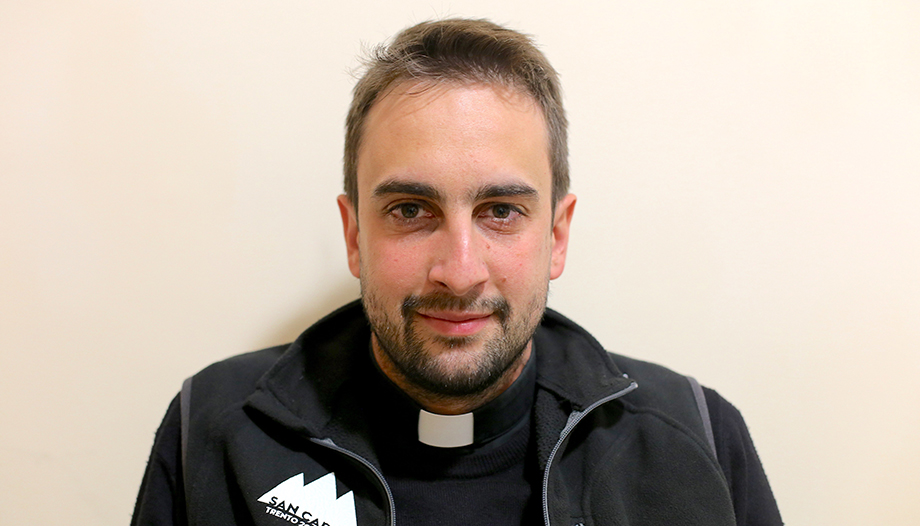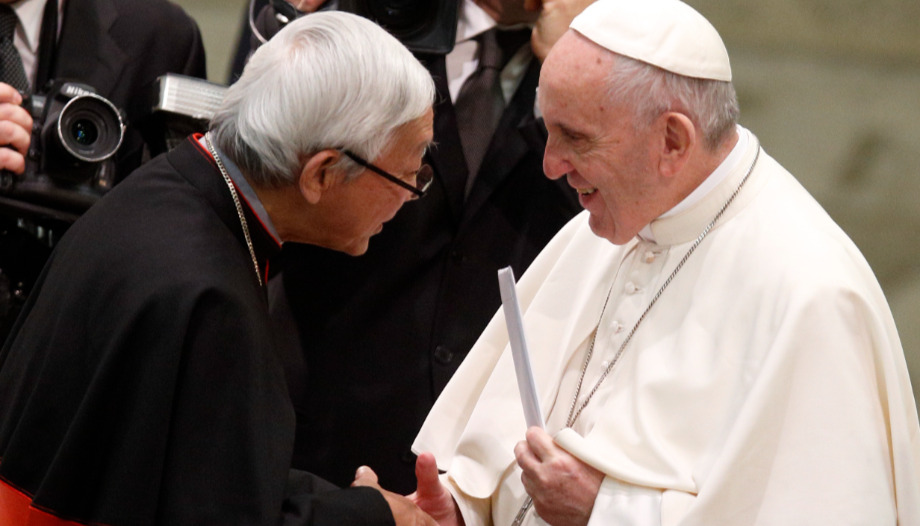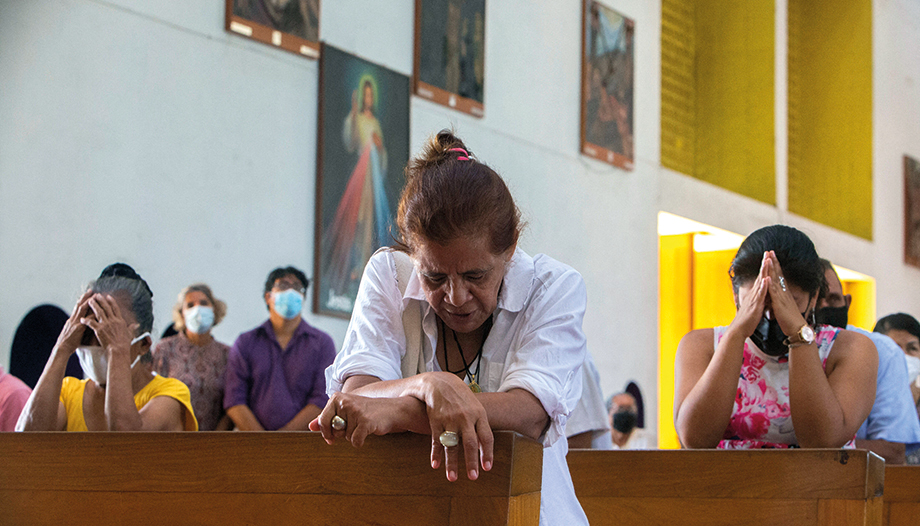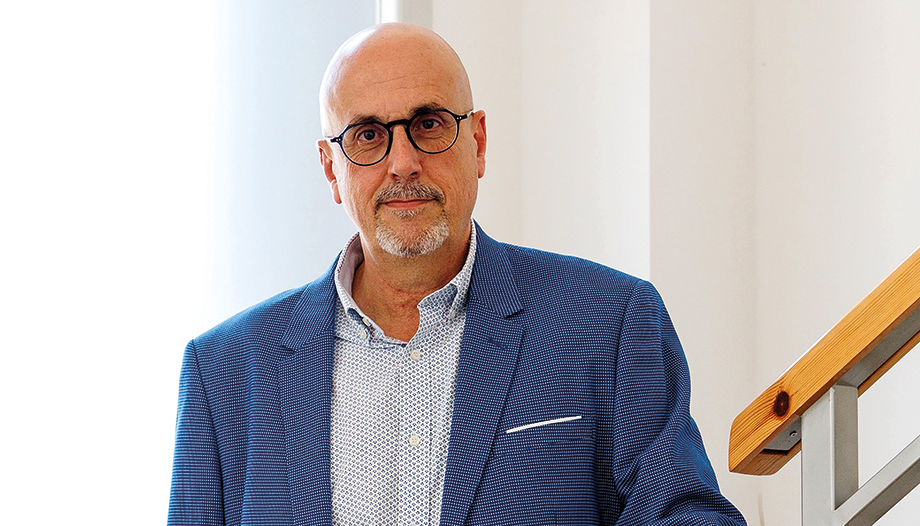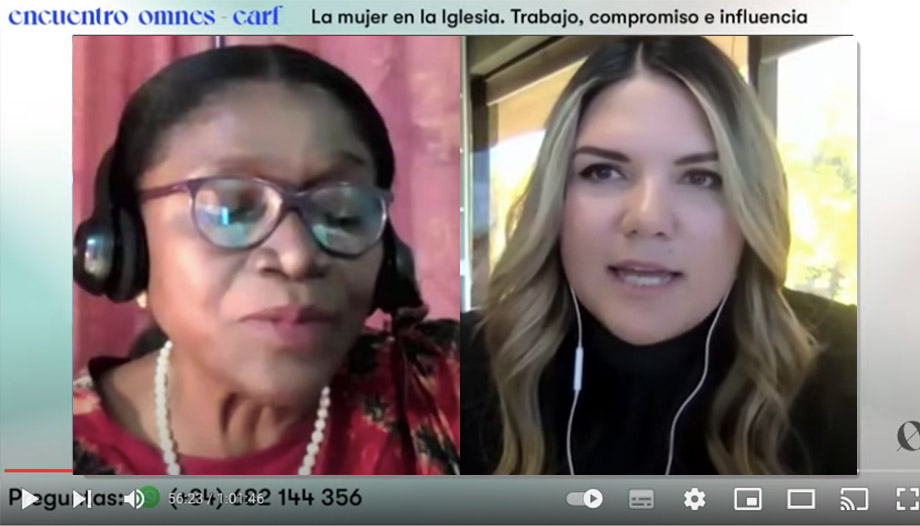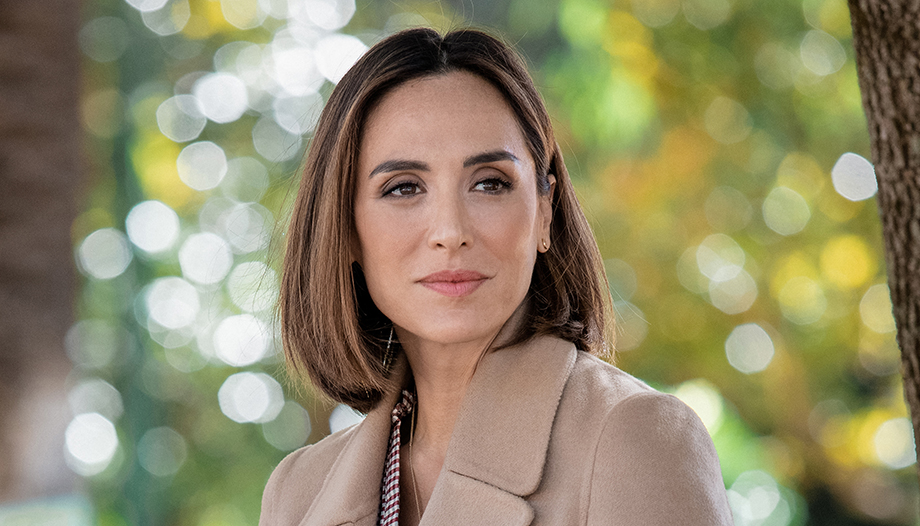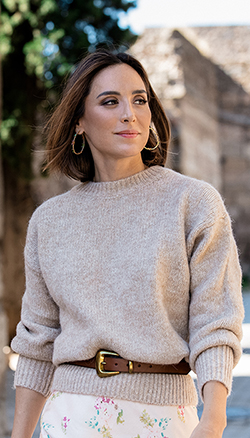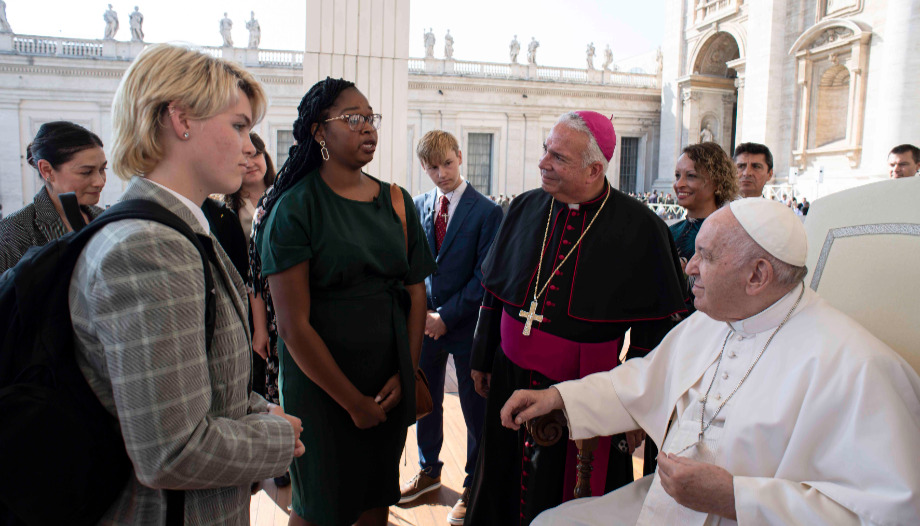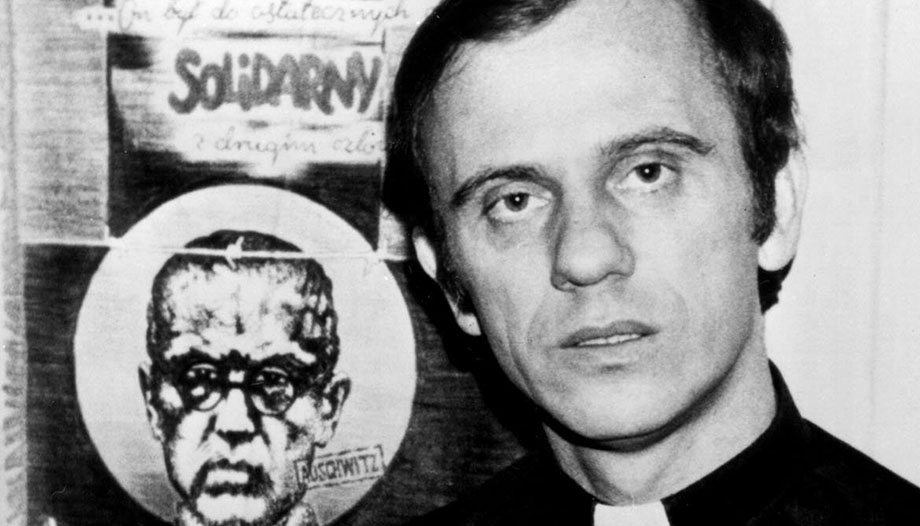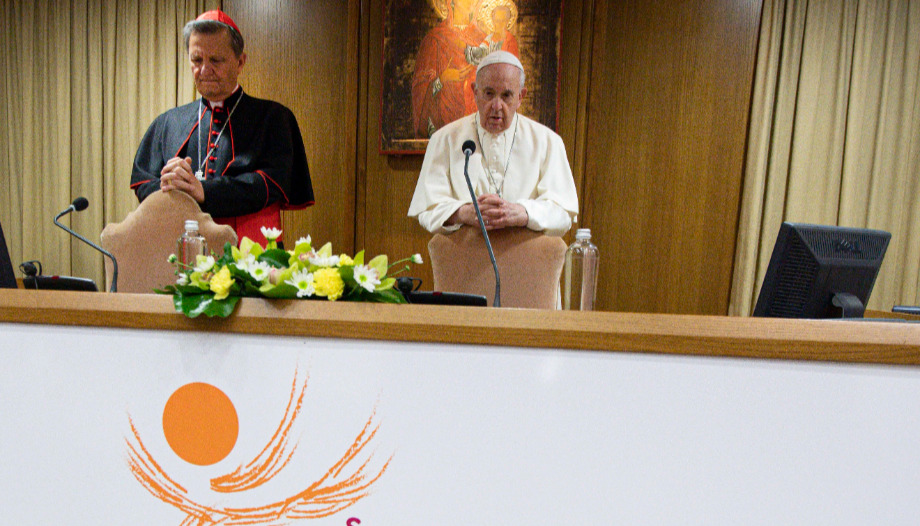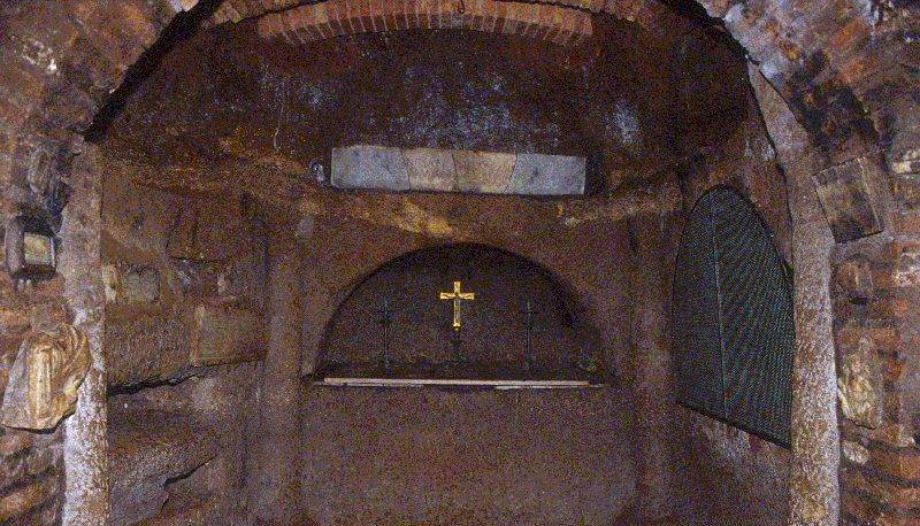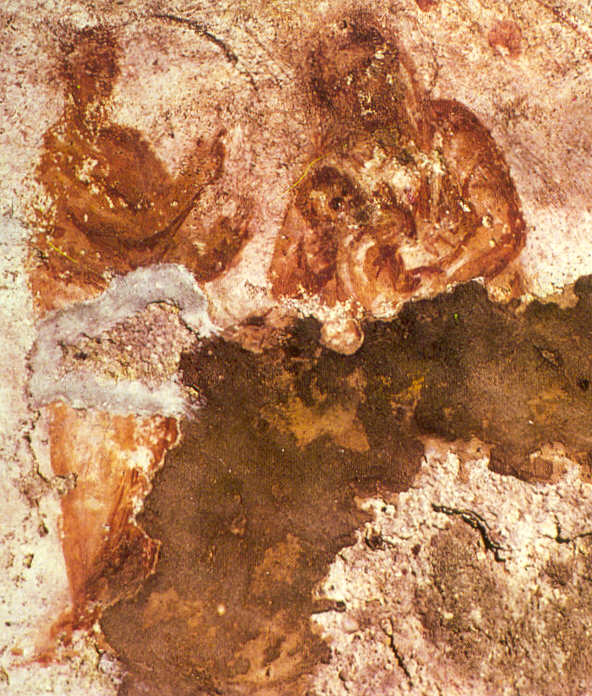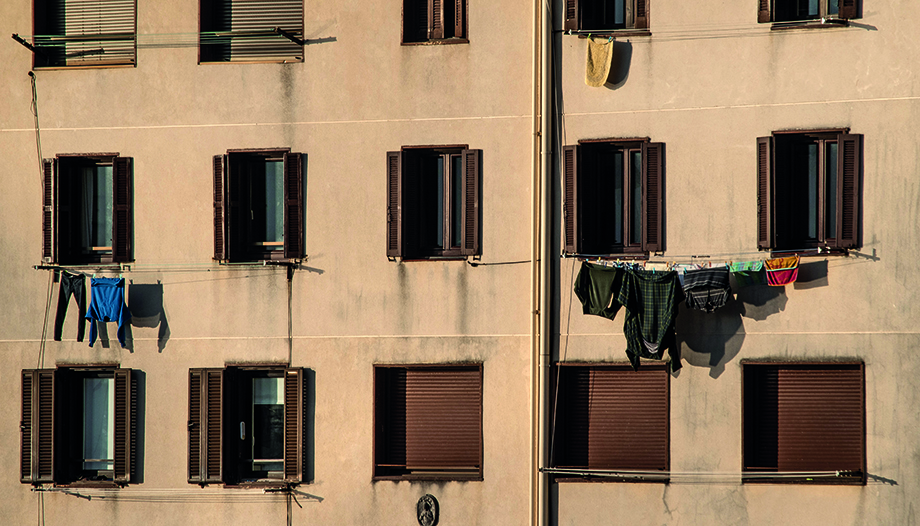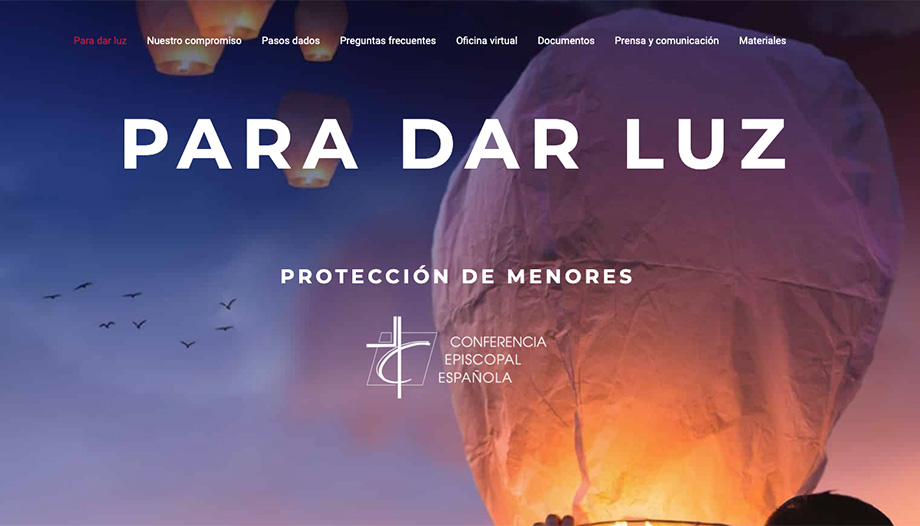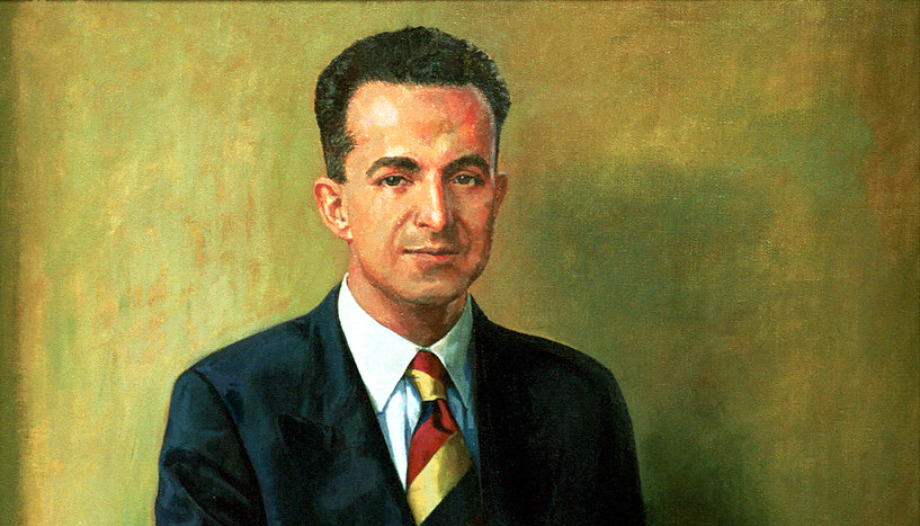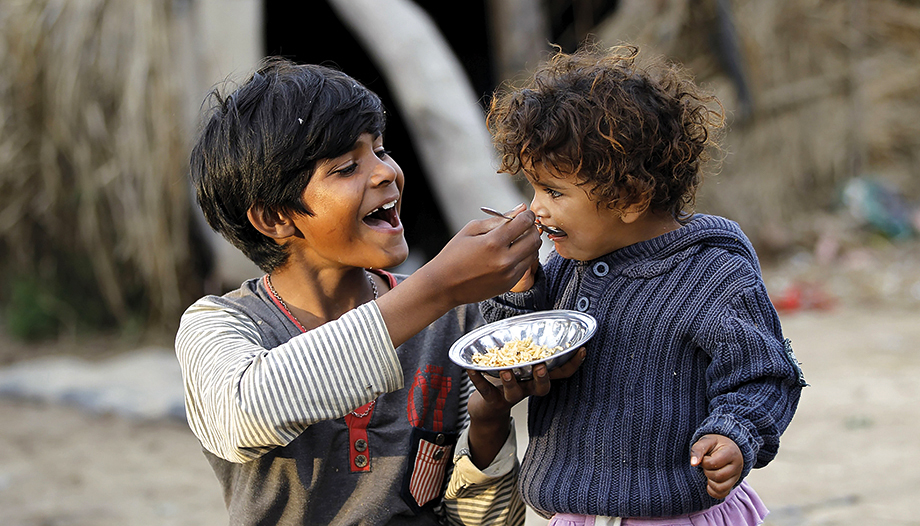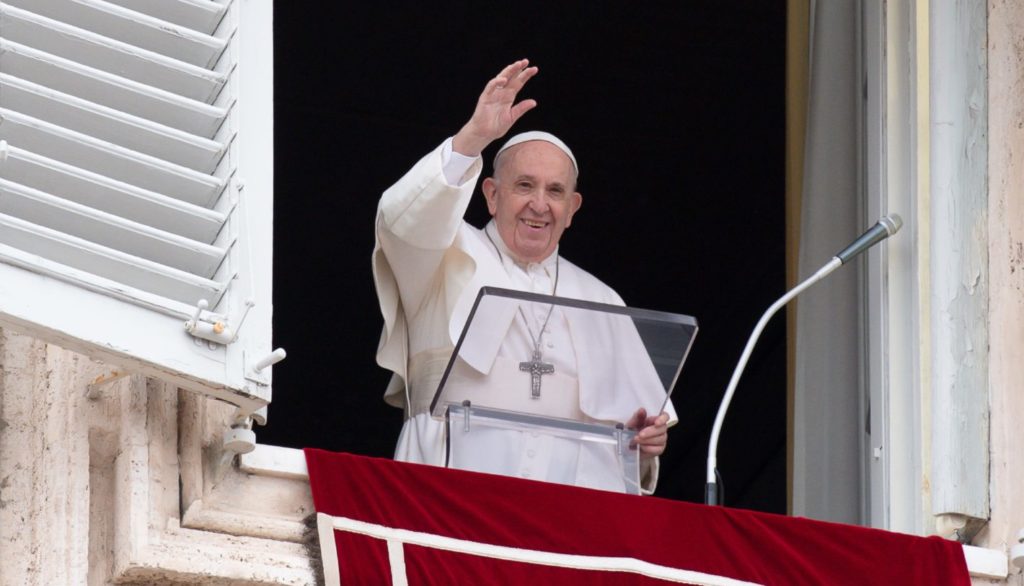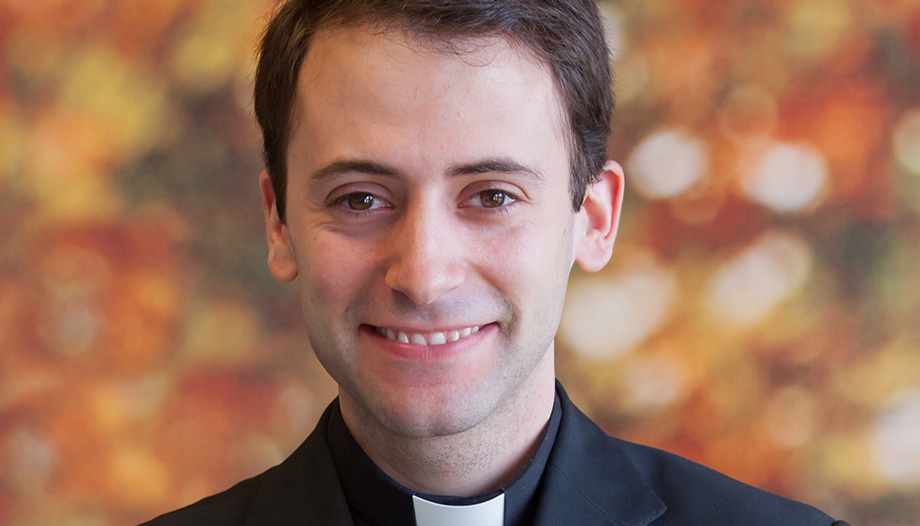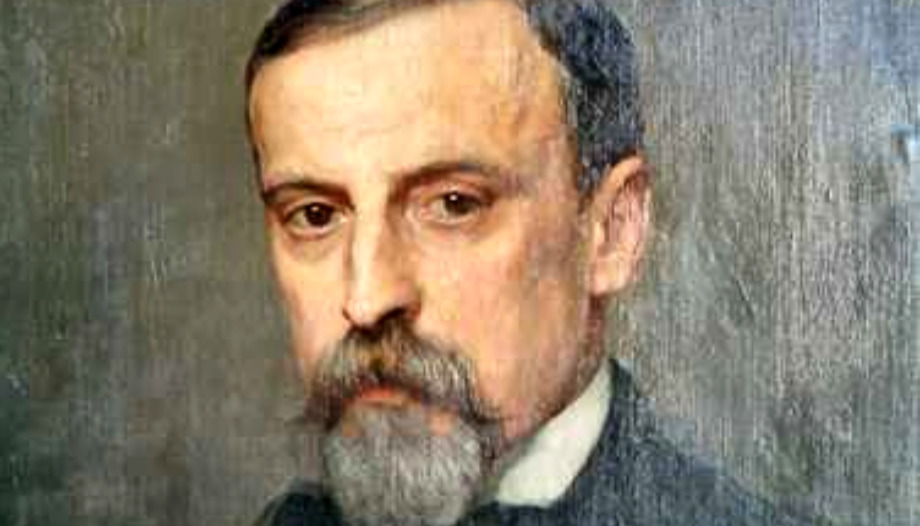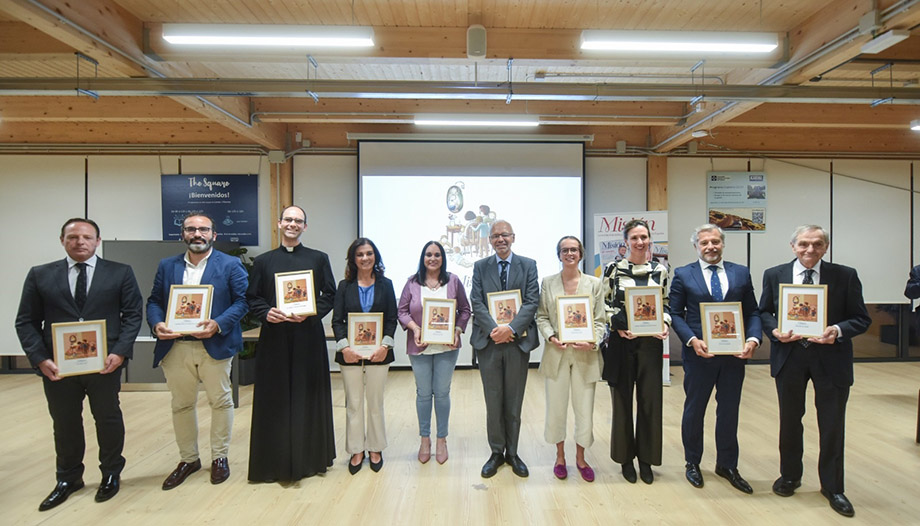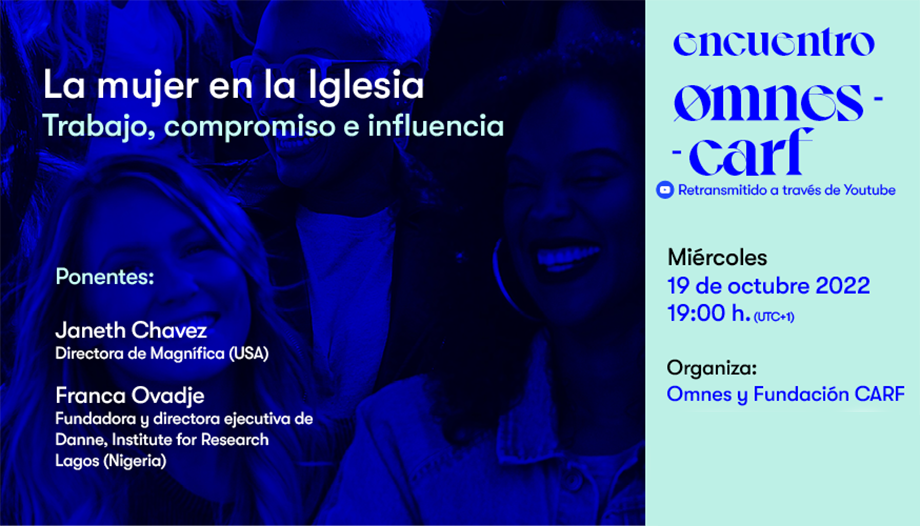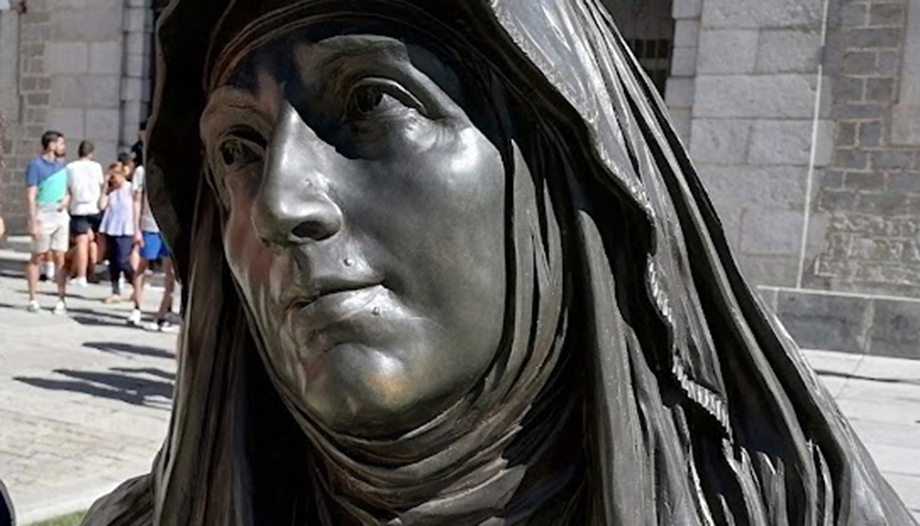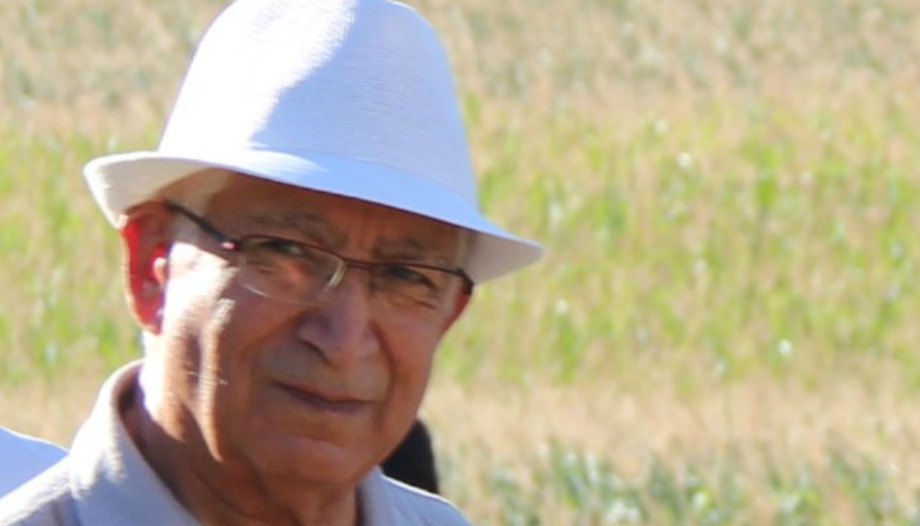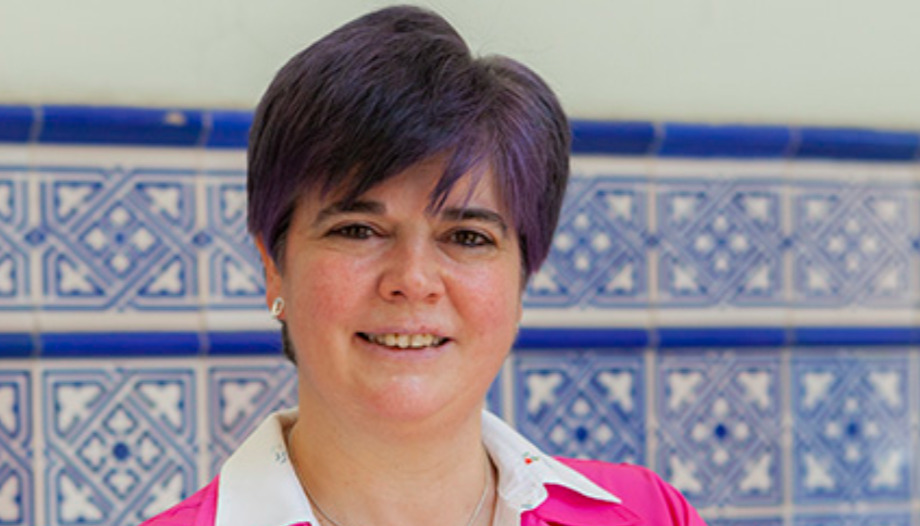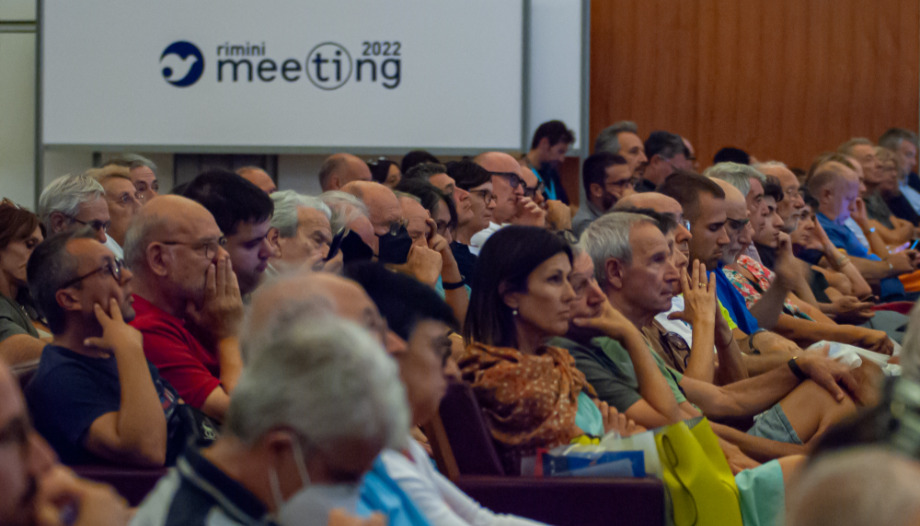First part of the article
The aforementioned Polish national trilogy by Sienkiewicz- With blood and fire, The Flood, A Polish herois for many the masterpiece of this writer. It consists of three historical novels spun with fantasy figures. What is most striking is the deep knowledge of 17th century Polish history - Sienkiewicz methodically documented himself -, the use of a beautiful and archaic language, the passionate love story found in them, as well as their periodical publication by chapters in the magazine Słowo between 1883 and 1886. They are historical novels, and as for many people history is made by wars, there is a continuous presence of battle scenes, with explanation of their motives, description of landscapes and a psychological presentation of the characters. The most important moments in the history of Poland in the 17th century, its national heroes, nobles and knights are depicted. All under the motto "to strengthen hearts", i.e. Sienkiewicz intends to encourage his readers to defend their homeland in the 19th century as their ancestors did two centuries earlier.
In blood and fire - Ogiem i mieczem (1883-1884) is a historical novel of the time of the Cossack Wars and with Ukraine in the Dnieper region, during the years 1648-1654. The loss of what could have been the Republic of the three nations (Poland, Lithuania and Ukraine). Sienkiewicz's first great success that put him already then at the top of the Polish prose writers. The love affair of the military nobleman Skrzetuski fills the whole narrative with the abduction of the beloved - a theme he repeats in his works - with his continuous search and the happy ending: "The king pays very well for services but the King of kings pays them with the best of gifts". Sienkiewicz sees women as a gift, a gift from heaven.
The deluge - Potop (1884-1886) which narrates the fight against the Swedish invasion and the defense in the sanctuary fortress of Jasna Góra in Częstochowa in 1655. The anxious waiting for the chapters and their astonishing dissemination and reading awakened patriotic consciousness among the peasants. Let us remember that at that time ten percent of the population were nobles and had a deep awareness of their Polish identity. The rest, the peasants, were from the countryside and did not care much whether the Russians, Prussians or Austrians were there, as long as they were allowed to live well and with their customs. But reading The Flood awakened in many of them their identity, in such a way that he would say to Sienkiewicz: you have made us Poles!
Publishing chapter after chapter of the The FloodThe writer struggles against the devastating illness of his beloved wife Maria, who dies in October 1885 at the age of thirty-one at the Balneario de Reichenhall in Bavaria. Henryk is devastated but has to keep writing, according to the narrative thread, pages full of hope.
A Polish hero (1887-1888) the original title is Pan Wołodyjowski (Mr. Wołodyjowski). It tells the story of this military knight in the Turkish war and ends with Sobieski's victory over the Turks at Chocim (1673). As the then republic of Poland had a king elected by the nobles, something unique in Europe, Jan III Sobieski was elected king and defeated the Turks again in the battle of Vienna (1683), and paraphrasing Julius Caesar he said: venimus, vedimus, Deus vicit. Nevertheless, Sienkiewicz narrates in this last part of his trilogy less history and traces a whole adventure romance.
The Trilogy gave Polish readers a strengthening of their hearts, of their hopes for the recovery of their state, an artistic lesson in patriotism, a faith in the value of human beings and heroism. In his stories, ordinary people become heroes to be imitated, defenders of justice, victors over their enemies, men of prayer and Christian faith, pious observers of the law of God and the Church. Thanks to the Trilogy, Sienkiewicz began to be a great national figure, becoming a recognized literary and political authority, some saw him as the spiritual leader of the nation. No one has better matched the sense of national pride of Polish readers of all classes and generations. His books were widely read then and to this day. The Trilogy is a flowing read, read with pleasure and effortlessly.
Quo vadis
It is interesting to think about what a book, a classic work of literature, consists of. It is not only something material or now with electronic support in many of its different formats. A literary work really exists when a person reads it and lives it. That is why there are as many readings and interpretations as there are readers. Each one of us remembers the moment in our lives when we read a work of world literature that moved us strongly.
My first memory of Quo vadis goes back to June 1975, a month of many exams in my third year of mathematics at the Complutense University of Madrid. At that time I had a personal struggle with the subject of Mathematical Statistics, which I managed to pass in June. This confirms that study, in addition to the intelligence, is above all an effort of the will to want to learn. I used to study hard in a library where there was a law student who was reading Quo vadis without stopping. -Don't you have exams in June? - Yes, but I can't stop reading this novel. I came to the conclusion that Law could be passed without studying and that this novel must be exciting.
The winter of 1995 in Krakow was the coldest winter I have ever spent in Poland. For several months the thermometer varied between minus twenty and minus ten. I remember one day when it was minus five all day and it was great. During that time the heating in the student academy where I lived broke down, and until it was decided to buy an electric stove, it was cool for two weeks. I was in my room sitting at my desk, with my coat, gloves, woolen hat and double socks on my feet, reading in Polish, for the first time in my life, Quo vadis. The person in charge of the house arrived with a thermometer and said: "Father, you can't complain, your room is at zero degrees, neither hot nor cold. I didn't care, because I was engrossed in my room, absorbed by Quo vadis. Exciting reading. But let's leave personal memories aside and return to the article.
With the experience of the Trilogy and its success, Sienkiewicz is going to change the setting: instead of the history of Poland in the second half of the 17th century, let's go to Rome, to the last years of Emperor Nero (63-68). However, the system works the same way: real history and fictional history intertwine in a thread of love affair that gives continuity, consistency and tension to the reading.
Quo vadis According to a legendary tradition, during Nero's persecution of the Christians, Peter was fleeing from Rome along the Appian Way. He then saw the risen Lord going in the opposite direction, towards Rome, and said to him: Quo vadis, Domine? To which Jesus replies: "I am going to be crucified in Rome for the second time because you are abandoning my flock". Ashamed of his cowardice, Peter returns to Rome to face his destiny: martyrdom.
Quo vadis masterfully narrates what Rome was like in the first century. The historical thread of the novel focuses on the person of the Roman Emperor Nero, as well as the persecution and spread of the Christian faith. The contrast between the Roman Empire and the early Christians is presented. There is a contrast between the pagan debauchery of the imperial palace with the power of the moral reasons of the followers of Christ, which would later become the basis for the construction of European civilization.
The main plot of the novel is the love story between Marcus Vinicius and Lygia. They belong to two separate worlds: Vinicius is a Roman patrician, a member of the army, Lygia belongs to a barbarian tribe and is a hostage in a Roman and Christian family. The love plot, which is logically fictitious, decisively influences the development of the action in which Ligia's escape, Vinicius' search for his beloved, the kidnapping attempt, Vinicius' transformation and baptism, and Ligia's miraculous salvation in the circus stand out. The climax of the plot is the confrontation of Ursus, Lygia's protector, with the bull. The man's victory over the animal in the circus arena symbolizes a happy ending to the plot since, from then on, Lygia, Vinicius and Ursus himself are in the hands of the Roman people. This is a key event since, at that very moment, the people turn their backs on Nero and declare themselves in favor of the Christians.
An important figure in the play is Petronius, a Roman patrician, a close advisor to Nero, who is an example of the taste and elegance of classical antiquity. arbiter elegantiaePetronius, symbolizes the classical culture of the past, grandiose in comparison with the one that reigns during Nero's rule, a culture in constant decadence. Throughout a constant struggle between life and death, Petronius criticizes the idea of the emperor and loses.
The most tragic and comic character is Chilon Chilonides, a skeptical sophist with no moral principles. He pretends to be a Christian to betray them. He sells as slaves the family of Glaucus, a Christian doctor of Greek descent, who also betrayed dies a martyr by forgiving Chilon. Thanks to this example a radical change occurs in the despicable sophist and in the end he dies on the cross in defense of those he has betrayed: the Christians.
In this great novel it is worth noting how well represented and written is the Rome of the first century. Sienkiewicz was very well documented. There is a great praise for the greatness of the Roman Empire with its virtues and defects. Secondly, how well he describes the early Christians. Men and women passionate for Christ: the virtues of justice, honor and dignity, purity and poverty are admirable in them. They were Christians who believed and prayed. In a good review of this novel the author wondered if the description of these early Christians, of their exemplary life, is really an invention of Sienkiewicz or if it actually happened.
It is a narrative full of Christian values. Perhaps the first of them is the love between Vinicius and Lygia. Vinicius, who has met Lygia in the Roman family of which he is a hostage, guest and even relative, falls madly in love. He wants to possess her by abusing her in Nero's orgies, but Lygia is not willing. Vinicius discovers little by little that he loves Lygia because there is a secret in her, something that makes her strong, pure, just. Vinicius discovers Lygia's great secret: she is a Christian. Vinicius is desperately looking for Lygia and wants to conquer her love, so he begins to learn about Christianity. What he discovers astonishes him: a whole new world, a new way of thinking, living and treating people. Vinicius, seeking and loving Ligia, is as if unconsciously seeking and loving her secret: Jesus Christ.
For those who have not yet read Quo vadisI think this is a fundamental lack, but if you want to confirm that being a novel of classical literature it is also a novel of deep Christian values, I recommend reading chapter VIII, three pages in my Polish version, which in quiet reading takes ten minutes; and chapter XXXIII, five pages, about fifteen minutes. Chapter eight describes the impression of Akte, Nero's former mistress, when she sees how Ligia prays and finds herself in a desperate situation. Akte has never seen anyone pray like that and feels that she is addressing her words to Someone who sees her and that only He can help her.
In chapter thirty-three there is a declaration of love between Vinicius and Lygia together with the apostles Peter and Paul. Some of the Christians harshly criticize Lygia for falling in love with a pagan but "Peter came to her and said, 'Lygia, do you really love him forever? There was a moment of silence. Her lips began to tremble like those of a child who is about to burst into tears, who, knowing that he is guilty, realizes at the same time that he must acknowledge his guilt. -Answer me! insisted the apostle. Then humbly, with a trembling voice and whispering, she knelt down before Peter: "Yes, that's right... Vinicius at the same moment also knelt down before her. Peter stretched out his hands and laid them on their heads, saying: "Love one another in the Lord and for his glory, there is no sin in your love".
The narrative ends with the death of Nero and the final epitaph: "And so Nero passed away as the wind and the storm, the fire and the plagues pass away, but St. Peter's Basilica continues to dominate the city and the world from the Vatican hill. Where once stood the Capena door now stands a small chapel with a vague inscription: Quo vadis, Domine?"A topical question that Sienkiewicz links to the Quo vadis, homine?Where does the human being go if he loses his humanity? But there is still hope and the suffering and martyrdom of the Christians bore fruit, as will the suffering of the Polish heroes.
The novel quickly became an incredible success all over the world. More than a hundred editions were published in French and Italian. In 1916, at the time of Sienkiewicz's death, the print run of Quo vadis in the United States alone exceeded 1.5 million copies. It has been translated into more than forty languages and to this day enjoys exceptional popularity.
Sienkiewicz's personality
Many say that Henryk Sienkiewicz is quite identified with the character Petronius, arbiter elegantiaeof its Quo vadiswho really existed. Cultured, distant, elegant, somewhat skeptical, with a taste for beauty, especially in women but always with a delicate, respectful treatment. He uses an ironic and humorous criticism of the reality in which he lives.
After completing the Trilogy, Sienkiewicz published two contemporary novels: Bez dogmatu - No dogma y Rodzina Połanieckich - The Polaniecki family. In the form of a diary, they collect a lot of autobiographical data. No dogma is the diary with the thoughts of a rich Polish count who lives with his father in Rome, an assiduous visitor of the European salons, an example of the "Slavic unproductiveness" in constant analysis of beauty and the human spirit.
Someone asked me lately if Sienkiewicz was a believer. I didn't know how to answer him, neither to the question if he was a practicing Catholic, being this second one easier to find an answer because it is an empirical fact. What is clear from his works is that the history of Poland cannot be understood without Christianity, just as Sienkiewicz cannot understand his own life without the Catholic faith and devotion to the Mother of God. His thought is Catholic but theologically poorly thought out. It seems to me that the philosophical currents of the time, of which he was also a very assiduous reader, led him to a skepticism that he wanted to overcome with a voluntarism: I want to believe.
Write in No dogmaI am waiting to be given a state of my soul in which I can believe firmly and without any mixture of doubts, to believe as I believed when I was a child. I have noble motives, I do not look for any personal interest because it would be more comfortable for me to be a happy and fattened animal (...) In this great 'I do not know' of my soul, I try to fulfill all the religious norms and I do not consider myself as an insincere man. I would be if instead of saying 'I do not know' I could say: I know that there is nothing. But our skepticism is not an open denial, it is rather a painful and painful intuition that there may be nothing, it is a dense fog that surrounds our head, presses on our breasts and covers us from the light. So I reach out my hands towards that sun that behind the fog shines. I think that I am not alone in this my situation, that the prayer of many, of many of those who go to Mass on Sunday, could be summed up in these words: Lord, disperse the fog!"
The Polaniecki family is a defense of the social role of the nobility and the bourgeoisie, as well as an open apotheosis of Catholic traditionalism. The protagonist of the novel is an impoverished nobleman doing business in Warsaw. While writing this novel he met Maria Romanowska, the adopted daughter of a rich man from Odessa. Henryk is already forty-six, Maria eighteen. Both have doubts, but the mother, fascinated by the reading of No dogmapressures his daughter to get married. The wedding took place in Krakow in 1893 and they were married by the cardinal bishop of that city. The mother-in-law went from fascination with Sienkiewicz to reprobation. She took steps to have the marriage annulled by the Vatican, which was achieved less than a year after the wedding ceremony. Sienkiewicz received the papal confirmation of the non-existence of the sacrament of marriage with sorrow and pain. The unpleasant adventure of a mother-in-law who makes and unmakes is portrayed in the pages of The Polaniecki family.
The crusaders
Shortly thereafter, the writer planned to visit the Grunwald camps - he was writing Krzyżacy - The CrusadersThe story of the Teutonic Knights in the 15th century - but he did not get permission from the Prussian police. Instead, he met another Maria: "A beautiful woman from Wielkopolska, Miss Radziejewska, who made an electrifying impression on me." She was a journalist, then twenty-three years old, Sienkiewicz, fifty-three. She was a very beautiful and intelligent woman but Henryk, despite being very much in love, discovers in her some psychic anomaly. After the sad experiences of the second marriage, the writer decided to break off this relationship. Years later, the imbalance of this fourth Maria would be tragically confirmed.
The combination of chivalrous adventure and romance can be found in The Crusaders (1900). It is a large historical painting with a broader, deeper and more accurate content than any of his previous works. The epic tells the story of the Polish-Teutonic struggles, full of strong patriotic feeling, and is Sienkiewicz's response to Prussian abuses.
The idea of writing The crusaders arose from seeing the abuses committed by the Prussian authorities against the Polish population. The strongest was the cruel persecution of children and their parents in Września, a town near present-day Poznań, who protested against the teaching of religion in German at school. It was not allowed to speak Polish in school, but that the teaching of the Catholic religion was in German, for the Poles broke the camel's back. Henryk took an active part in protest actions against them. The final description of the victorious Battle of Grunwald (1410) caused the novel to be adopted from the beginning as a politically topical work, and subsequent historical events - with the defeat of Germany in both world wars - made it almost prophetic.
The last Maria and her social activity
In 1904, Sienkiewicz, 58, married Maria Babska, 42. This woman was his cousin, and she had been in love with him for a long time, since logically as relatives they had known each other for a long time. The wedding was intimate, only in the company of loved ones. The Sienkiewicz reunited to live together for twelve happy years, until the death of the writer.
Henryk Sienkiewicz was a great social worker promoting and financing many social initiatives: museums, foundations to promote culture, scientific research or the promotion of young writers. He promoted sanctuaries for tubercular children and financed the construction of churches. In the last years of his life he intensified his cooperation in social projects with the help of his wife.
The outbreak of World War I (1914) surprised Sienkiewicz in Oblęgorek, his palace residence - Dworek - near Warsaw, from where he left for Switzerland via Krakow and Vienna. With the participation of Ignacy Jan Paderewski, he organized in Vevey the Swiss General Committee for Aid to the Victims of the War in Poland, sending money, medicine, food and clothing to a country devastated by fighting armies.
His last great novel: Through the Jungle and the Steppes.
The novel for young people W pustyni i w puszczy - Through the forest and the steppes (1911) is the last great adventure novel with which he concluded his more than forty-year writing career. This adventure romance, which shows the influence of Jules Verne, is about the journey of two children kidnapped by Muslims during the Mahdi uprising in Sudan (1881-1885). They manage to escape and cross the entire African continent to be found, already on the verge of death, by a rescue team. The author uses his own experiences from his trip to Africa. It has all the mastery of his great works, very easy to read, especially for young people.
Love of his homeland and his death in Switzerland
In 1905, in response to an interview with the Parisian newspaper Le Courrier EuropéenHe said: "You must love your homeland above all else and think first and foremost of its happiness. But at the same time, the first duty of a true patriot is to ensure that the idea of his fatherland not only does not oppose the happiness of mankind, but becomes one of its foundations. Only under these conditions will the existence and development of the Fatherland become a matter of concern to all mankind. In other words, the slogan of all patriots must be: for the Fatherland to mankind, and not: for the Fatherland against mankind."
Henryk Sienkiewicz died as he lived, working abroad. His last writing is a novel of the Napoleonic era. Legiony – Legionsa work that was published posthumously. He died at his temporary residence in Vevey, Switzerland, of a heart attack. In 1924, in free Poland, the writer's ashes were solemnly brought from Vevey to the country. His mortal remains rest in the Cathedral of St. John in Warsaw.
Let us finish by emphasizing that the literary talent of Henryk Sienkiewicz is measured by his ability to use words borrowed from the language of past eras, with the use of terms that make the style of this writer unique. In addition, the author of the Trilogy made a decisive contribution to the formation of the national consciousness of 19th-century Poles. Witold Gombrowicz, a well-known writer and critic of Polish literature wrote these words in his Diary (1953 - 1956): "Who read Mickiewicz of his own free will, who met Słowacki? But Sienkiewicz is the wine with which we really get drunk. Here our heart beats... and whoever you talk to, a doctor, a worker, a teacher, a landowner, an office worker, you will always meet Sienkiewicz. Sienkiewicz is the last and most intimate secret of Polish taste: the dream of Polish beauty".
Henryk Sienkiewicz is still considered a classic of the historical novel, one of the greatest writers in the history of Polish literature and an unparalleled stylist. International bibliographic lists prove that Sienkiewicz is one of the most popular Polish writers in the world. His works continue to appear in reprints and new translations.
 Juan Ignacio GonzalezBishop of St. Bernard: "It is not clear what religious freedom is".
Juan Ignacio GonzalezBishop of St. Bernard: "It is not clear what religious freedom is". To guarantee religious freedom in all its manifestations and everywhere.
To guarantee religious freedom in all its manifestations and everywhere. Dennis Petri: "Many Christians unconsciously self-censor themselves."
Dennis Petri: "Many Christians unconsciously self-censor themselves."




